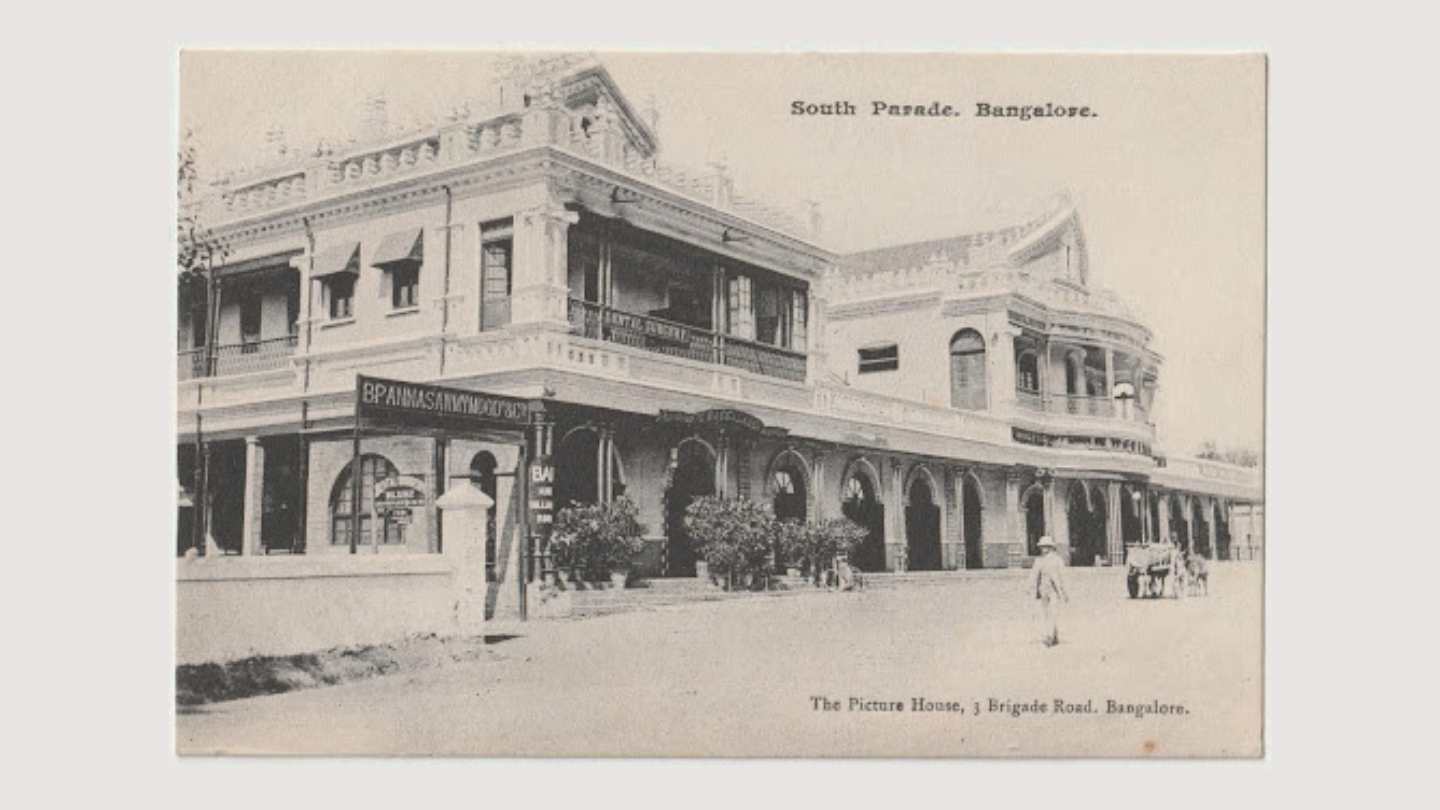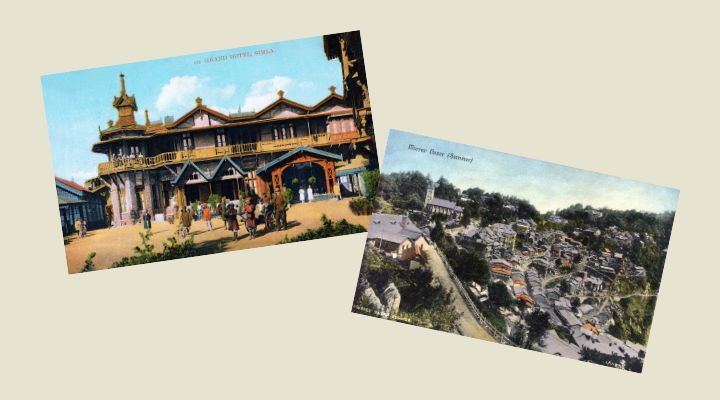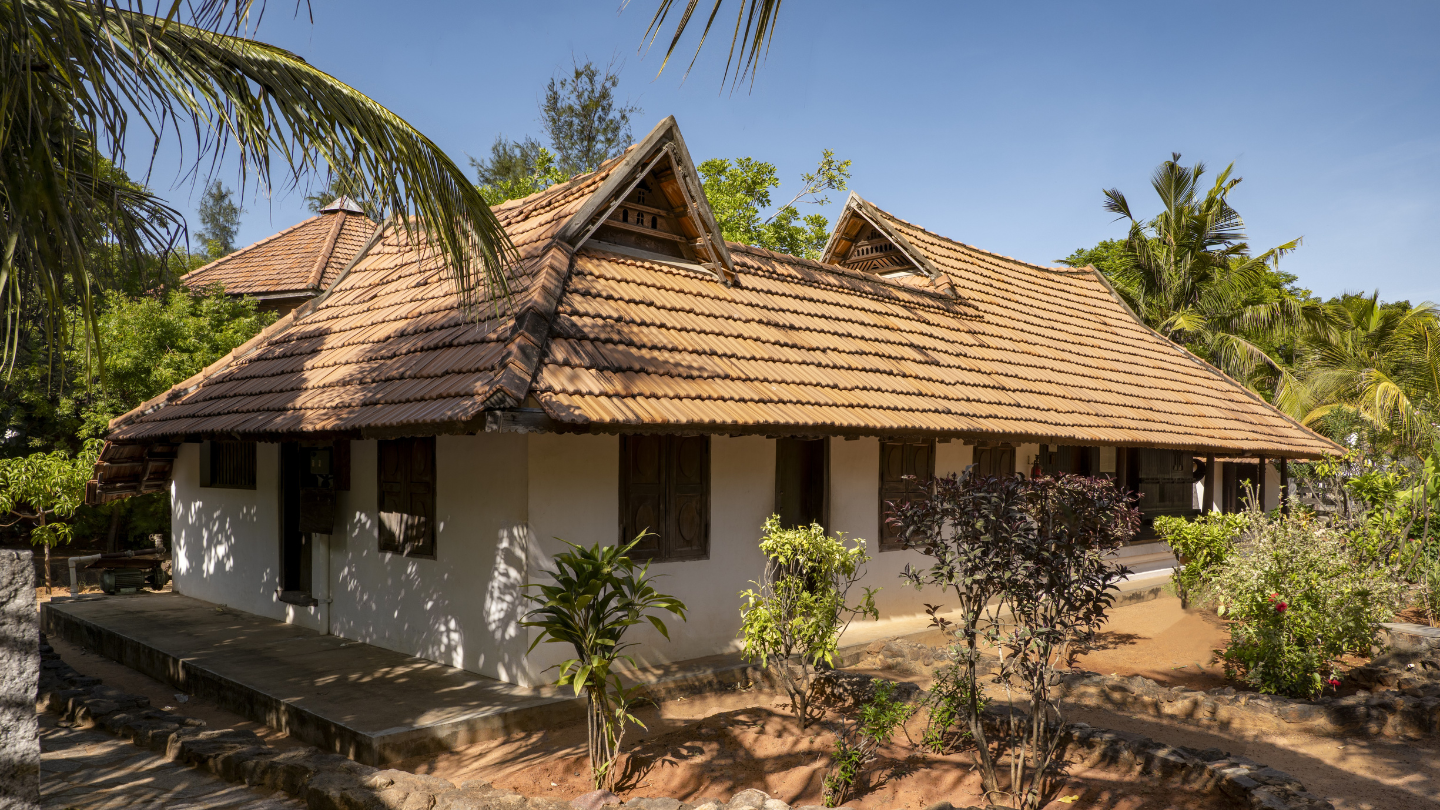Talks
Cities in the World of Indian Stamps
Vikas Kumar

A stamp on the Ghats of Varanasi issued in 1983 to commemorate the Fifth General Assembly of the World Tourism Organization in New Delhi. Courtesy of Vikas Kumar
Placing urban India under a philatelic lens, this talk argues that post-colonial India has been ambivalent about its urban spaces. The philatelic archive suggests that the government did not nurture a vision for urban India. Within the postage stamps, cities feature as standalone iconic colonial and pre-colonial monuments and not as entities with a cultural and political life of their own. So nation-building through establishing ethnic iconographies for cities is the guiding concern seen in stamps. An appreciation of the specific virtues of work and life in cities is hard to find. The talk concludes with a discussion on the implications of this stance toward cities reflected in the philatelic archive.
Join us for this illustrated talk by Vikas Kumar, as he delves into the idea of postcolonial cities of India through a philatelic lens.
This event has been curated under Thinking Cities, MAP’s public programming theme for the quarter. Through this theme, we explore and reimagine cities through the lenses of space, identity, history, memory and more.









